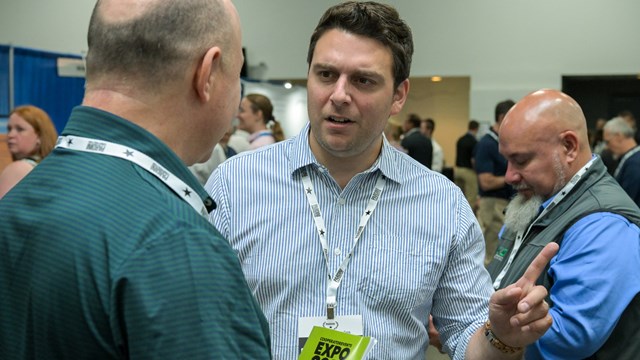
Q. We had some gutter and minor roof repairs scheduled. The budget is tight for some other reasons and the president stated that her husband was qualified and would do the work for free. He is not licensed or insured and will be working on nine of the 24 units. Owners have been complaining that there is ice building up on the steps and the contractor also identified some small issues with the roof line and siding at the gable in addition to the need to re-fasten the gutters. Although we agreed to use licensed and insured contractors, the other board members agreed to use her husband. This is to avoid doing an assessment. They have also agreed that we should always try to have members of the association do work for free if they volunteer. Should I be worried about this? I am not at all comfortable about this.
—Liable in Fort Lee
A. “Any Board of Trustees/Directors for an association have a fiduciary obligation to the entire association,” said Norman W. Briggs, an attorney with Briggs Law Office, LLC, based in Philadelphia and Marmora, New Jersey. “Whether a board meets that obligation will be determined by the New Jersey Condominium Act and the association’s master deed and bylaws. Assuming those two (2) sources are silent as to a board’s particular decision (which most likely is the case here), then the board’s decisions will be governed by the Business Judgment Rule. The doctrine governs many board decisions—those for-profit corporate boards as well as non-profit, such as a condominium association. Essentially, the board has to have a reasonable basis, and be acting in good faith, when it makes its decisions. Put another way, the board cannot act for its own self-interest. Assuming there is a reasonable and good faith basis for the board’s decisions, then the board should not be held accountable or questioned if the decision does not work out or problems arise.
“In this case, one can understand to save costs by using a board member’s husband. The risks, however, far outweigh the potential savings. If the work is done improperly, and there is no insurance for the individual who performed the work, then the association members may look to the board members individually for not acting in good faith. Moreover, although the question presented seems to indicate that the board member’s husband is performing the work for “free,” if any payment is being made to the board member’s husband, then a claim for “self-interest” will be that much stronger.
“As such, my suggestion would be to retain a licensed and insured contractor to do the work. Even though there may be some costs to the unit owners, there would be no basis for a claim against the board members under that scenario.”






Leave a Comment